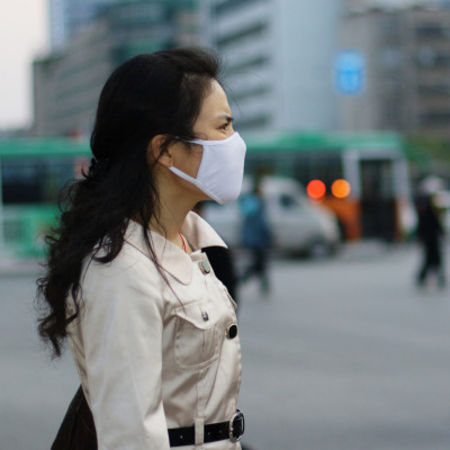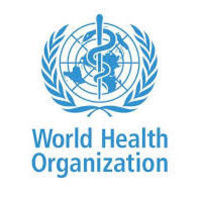By 27 January, the number of people killed in China by the new coronavirus has risen to 81, with almost 3,000 confirmed ill.
The centre
of the outbreak, Wuhan, is the capital of Hubei province, in which 76 deaths
have occurred, with five deaths elsewhere. In an attempt to contain the spread
of the virus, the city is in lockdown, several other cities have imposed travel
and work bans, and the national new year holiday has been extended by three
days.
So far, at least 44 cases (none fatal) have been confirmed in
countries other than China, such as Thailand, the United States, Canada, Japan, South Korea and
Australia. Hong Kong, which has eight confirmed cases, has declared a city-wide
emergency. Mongolia has pre-emptively closed its border with China. Other countries, such as the UK,
have carried out tests on suspected cases and are considering evacuating
citizens.
The coronavirus
(2019-nCoV) causes severe acute
respiratory infection. Common
signs of infection include respiratory symptoms, fever, cough, shortness of
breath and breathing difficulties with pneumonia, severe acute respiratory
syndrome, and kidney failure among the most serious symptoms.The ultimate scope and effect of
this outbreak is unclear at present as the situation is rapidly evolving. Most of the deaths have been of elderly people or
those with pre-existing respiratory problems. There is no specific cure or vaccine for 2019-nCoV.
Over the weekend, China's health minister Ma Xiaowei stated that the virus is able to spread during its incubation period
and the ability of the virus to
spread appears to be strengthening. The incubation
period lasts from one to 14 days,which makes it harder to contain the illness.
Last
week, the European Centre for Disease Prevention and Control (ECDC) estimated the
likelihood of introduction of the virus to the EU as ‘moderate,’ while the
Platform for European Preparedness Against (Re-)emerging Epidemics (PREPARE) activated its Mode 1. It involves getting
clinical sites and diagnostics labs ready and discussing the research questions
including the best treatment strategies.
As reported by Euronews, the ECDC does
not consider entry screening as an effective measure for detecting incoming
travellers with infectious diseases. However, there may be targeted measures
for people from direct incoming flights. The only EU airports providing direct
flights to Wuhan are London, Paris and Rome. In the meantime, entry screenings
are to be conducted in Australia and the US. Japan and South Korea have also
increased airport screenings.
The
director-general of the World Health Organization (WHO), Tedros Adhanom
Ghebreyesus, is in Beijing to discuss the
outbreak with the Chinese government and health experts. Back in
2017, the WHO placed two other highly pathogenic human coronaviruses – severe
acute respiratory syndrome coronavirus (SARS-CoV, outbreak in 2002) and Middle
East respiratory syndrome coronavirus (MERS-CoV, outbreak in 2012) on its
Priority Pathogen list, hoping to galvanize research and the development of
countermeasures against CoVs (Paules et al. 2020). And contrary to previous pandemics, the international
response this time has so far been very fast.
WHO recommends that those travelling to
China avoid close contact with people suffering from acute respiratory
infections as well as with live or dead farm or wild animals. It also advises its
‘standard recommendations’ focusing on hand and respiratory hygiene, and safe
food practices. Namely:
- Frequently clean hands by using alcohol-based hand rub or soap and water.
- When coughing and sneezing cover mouth and nose with flexed elbow or tissue – throw tissue away immediately and wash hands.
- Avoid close contact with anyone who has fever and cough.
- If you have fever, cough and difficulty breathing seek medical care early and share previous travel history with your health care provider.
- When visiting live markets in areas currently experiencing cases of novel coronavirus, avoid direct unprotected contact with live animals and surfaces in contact with animals.
- The consumption of raw or undercooked animal products should be avoided. Raw meat, milk or animal organs should be handled with care, to avoid cross-contamination with uncooked foods, as per good food safety practices.
References
Paules CI, Marston HD, Fauci AS (2020) Coronavirus
Infections—More Than Just the Common Cold. jamanetwork.com/journals/jama/fullarticle/2759815?guestAccessKey=da12c4d9-bed5-4c36-88cf-4db717115947



























